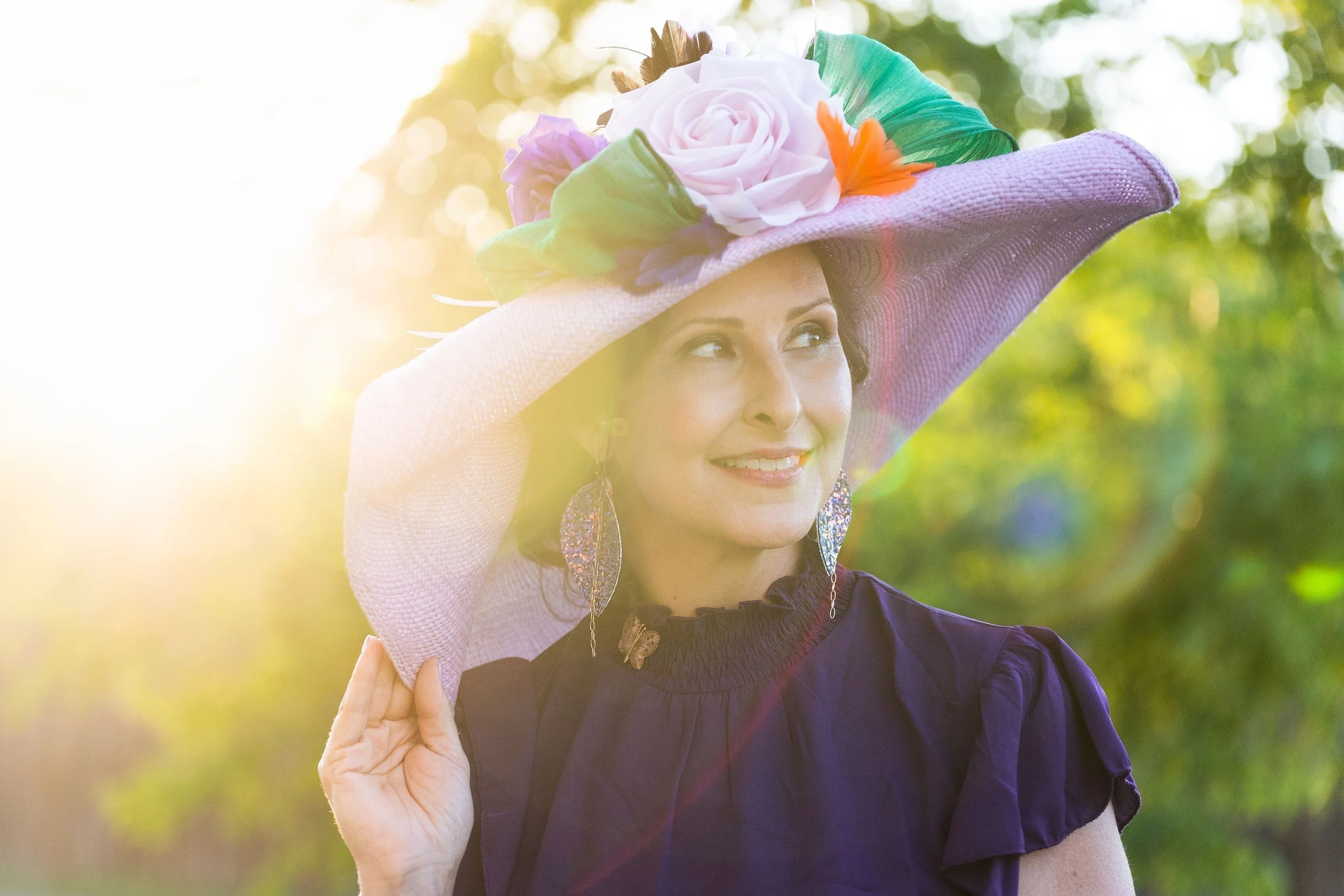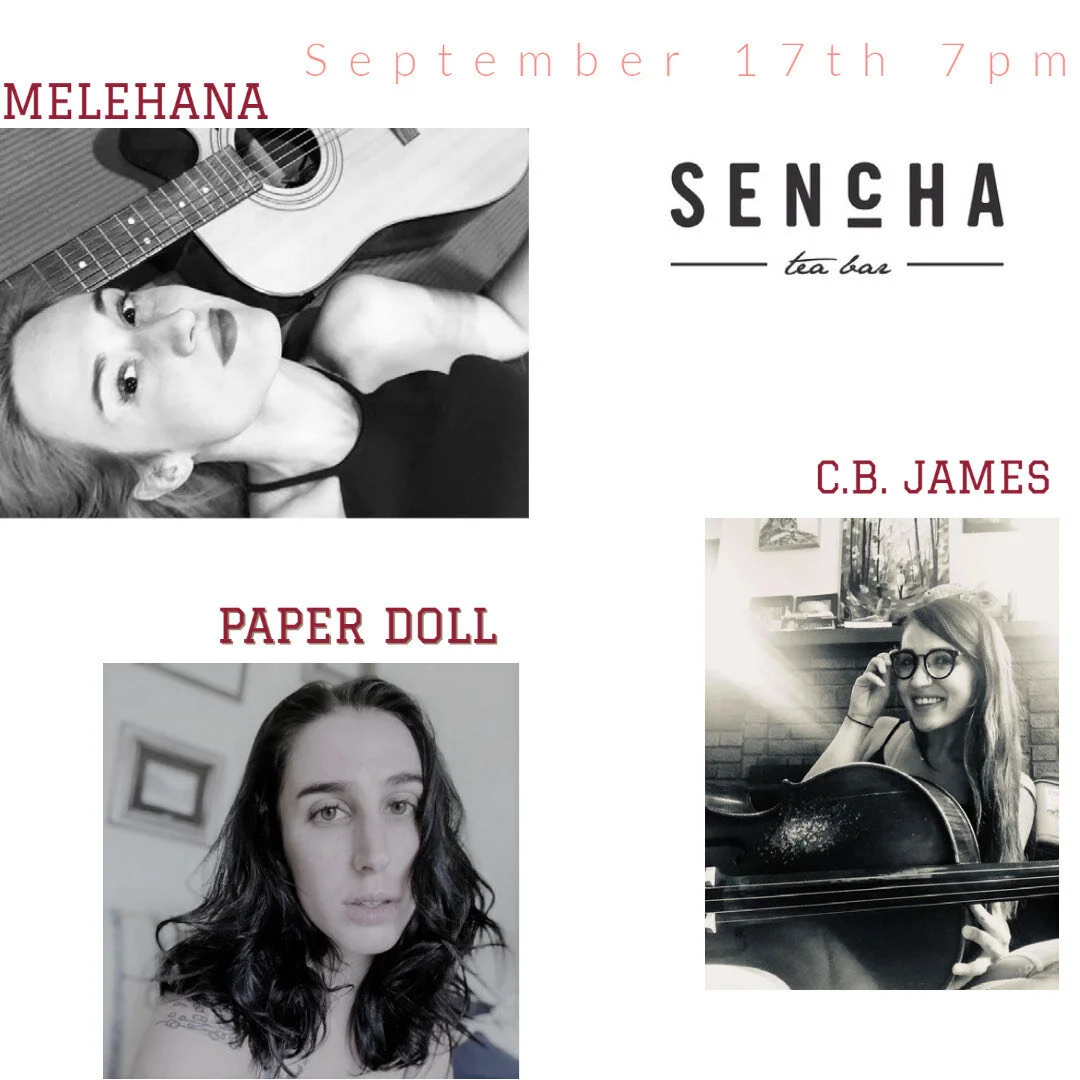By Hannah Burns
I work as a registered nurse in a drug and alcohol detoxification center where I treat clients from all walks of life. Sometimes during my shift, I like to play relaxing music in the nursing station to help me stay calm and focused. One night as I was listening to soothing classical music, a guest at our facility approached the window seeking medication to deal with anxiety. Before we could even begin to discuss pharmaceutical interventions, the guest became immediately captivated by the music. “I used to play the viola,” they said with bright eyes and a big smile. “I was really good at it too! “Why did you stop?” I asked. My client went on to explain that their mom took the instrument away so it wouldn’t get sold for drug money. “That must have disappointed you,” I replied.
They laughed and declared, “It is one of the best things she has ever done for me” and proceeded to tell me how excited they were to be reunited with the viola in sobriety. I was so proud of my client during this brief interaction. They were able to see themselves as a musician and identify their talent and passion for music as an essential part of their identity. Most importantly, my client let me know that reunification with the viola was a goal for which they were ready to fight.
Addictions have their way of hijacking our identity. Often when we are struggling, we start to see ourselves as our disease – an “addict” rather than a person who has a substance use disorder; we may also surround ourselves with others who have addiction, which can provide a sense of belonging but also insulate us even further from our true and innermost selves. In the end, whether we struggle with substance use, mental health or anything else, we are much more than our illnesses. We are people first, and music can be a healthy intervention that helps us discover—or rediscover—who we are, become who we want to be, and establish a new and healthy sense of self.
Without the right support, however, being a musician in recovery can sometimes feel lonely. Loneliness has its way of surfacing inside the body just like feelings of hunger do. As social beings, we naturally feel uncomfortable when we’re by ourselves for too long. It is normal and healthy to seek connection. Like most singer-songwriters, I crave acceptance and love from my audience and from other musicians. I want others to appreciate and find inspiration in my creative work. In turn, I seek out concerts and events where I too can leave feeling sustained and replenished.
I am excited and grateful to work with Dissonance, which is committed to cultivating wellness in and through the arts and creating safe spaces for musicians and others to connect and share their art. On Sept. 17, 2021, C.B. James and Roz Marie (Paper Doll) joined me for a live intimate concert performance at Sencha Tea bar on Grand Avenue in St. Paul. Sencha created a signature “mele” green tea just for the event, and 100% of the proceeds supported local music! Dissonance Board Member Jennifer Gilhoi also was on hand to answer questions about Dissonance and to share her personal journey to sobriety in celebration and recognition of National Recovery Month.
No matter who you are or what your connection to art, if any– you’re invited to explore wellness with the Dissonance network, which I’m happy to say now includes me!
Hannah Burns is a poet and singer who performs as Melehana, and a registered nurse at Gateway Recovery Center in Inver Grove Heights, Minn.






